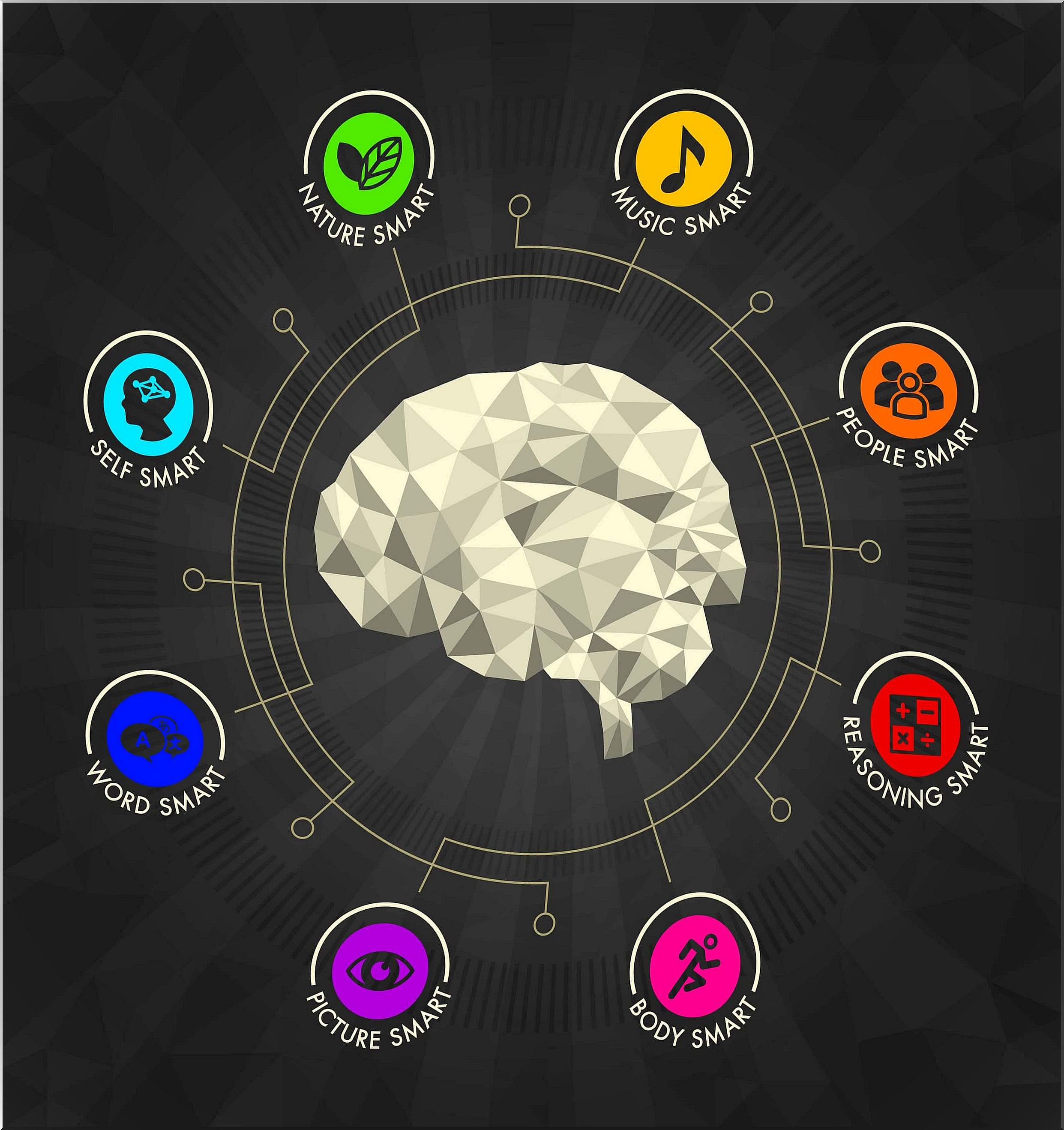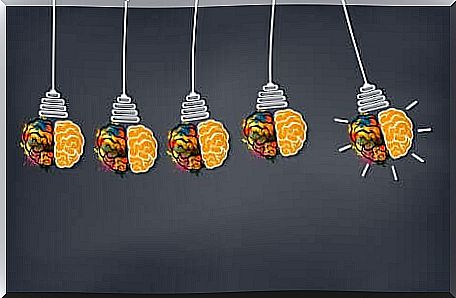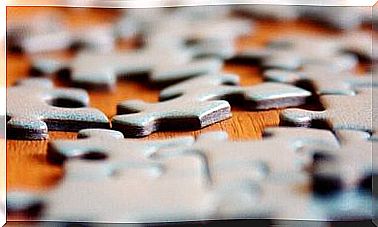The Concept Of Intelligence And Its Evolution
You’ve certainly heard, or even said, the phrase, “My son is very smart.” But have you really ever stopped to think about what intelligence means and what are its characteristics? Have you ever considered whether there is only a single general intelligence or whether there are multiple types?
Next, we’ll answer these questions. Discover what the concept of intelligence is and how it evolved over the years.
What is intelligence?
According to psychologist Howard Gardner, the concept of intelligence “implies the skill needed to solve a problem or to craft important products in a cultural context.”

However, in addition, when talking about intelligence, it is also necessary to take into account its three basic characteristics:
- It depends on innate and learning factors : intelligence depends on the interaction between innate factors, the biological potential inherited from the parents and the learning opportunities that arise throughout life. In this sense, it is important to highlight that brain plasticity, that is, the brain’s ability to model the connections between neurons, enables the adaptation and acquisition of new cognitive skills. This allows the intellectual capacity to be optimized and can reach its maximum level.
- It is dynamic : it is susceptible to change and depends on the environment in which the person develops. Therefore, intellectual capacity is built from individual experiences and family, school, cultural, social and economic influences.
- It is multiple : currently, it is recognized that there are eight different and independent types of intelligence that interact and mutually enhance each other.
However, this was not always the case. Do you know how the definition of intelligence has evolved over time? We will explain below.
The concept of intelligence and its evolution

The concept of intelligence in the nineteenth century
In the nineteenth century, the first studies on intelligence emerged, among which the following stand out:
- Broca, who managed to locate the language area in the brain. This was the first demonstration of the possibility of physical localization of brain functions.
- Galton, who studied individual differences in people’s intelligence and the importance of heredity in intelligence.
- Wundt, who studied mental processes through introspection, that is, through reflection on their own thoughts.
early 20th century
At that time, intellectual ability was assumed to be unique, stable over time, and quantifiable , so tests to assess intelligence began to be developed. In this sense, the following authors stand out:
- Binet, who developed the first psychometric test to measure intelligence, with linguistic, logical-mathematical and memory content tests.
- Stern, who proposed the term Intelligence Quotient (IQ) to score the results of early intelligence tests.

throughout the 20th century
At that time, an interesting debate began on the concept of intelligence according to:
- From the cognitive perspective, intelligence was understood as a complex structure of thoughts.
- From a genetic point of view, intelligence would be marked by a strong hereditary component, so that a person’s potential and intellectual limitations would be determined by their nature.
- The factorial perspective, intelligence was considered as a set of several capabilities or factors.
The concept of intelligence today
In 1983, Gardner proposed the theory of multiple intelligences, which is still valid today. Thus, this author affirmed the existence of eight different types of intelligence:
- Linguistics.
- Logical-mathematics.
- Space.
- Musical.
- Body-kinesthetic.
- Naturalistic.
- Intrapersonal.
- Interpersonal.
In summary, these 8 types of intelligence combine with each other and are used to different degrees, in a unique and personal way. Thus, it is possible to say that each person has their own intelligence profile, being more competent in some subjects and less competent in others.









